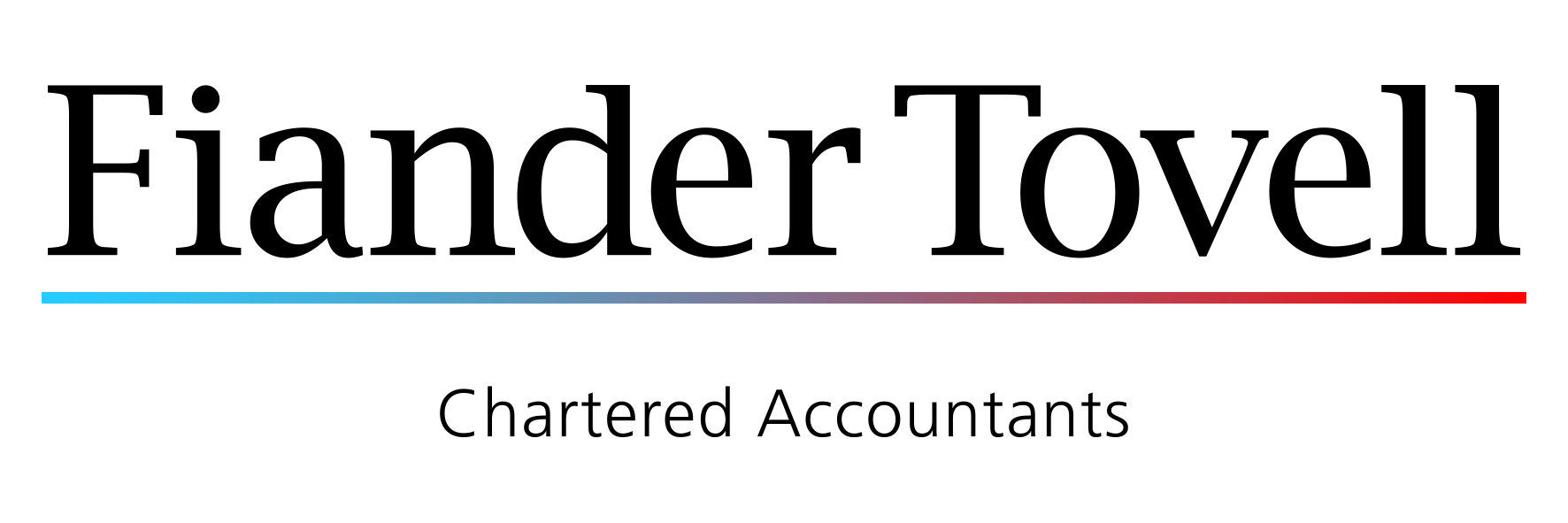For many self-employed individuals, managing expenses and tax deductions can be a task that is complex and time-consuming. However, these mundane tasks can be simplified by using fixed rate deductions.
If you’re eligible, this system allows you to claim tax allowances based on standard rates, instead of tracking every detail of your actual costs. This blog will explain how the fixed rate system works and how you can save time during tax season.
What are fixed rate expenses?
The simplified fixed rate deductions system is an optional method that businesses can use to calculate allowable expenses for tax purposes. Rather than keeping track of every single expense, you can opt for a fixed rate deduction based on specific criteria, such as mileage or hours worked from home.
This system reduces the necessity for extensive record-keeping. However, it’s important to note that the total amount of tax-deductible expenses you can claim using the fixed rates could be more or less than what you would claim by using actual costs. The decision depends on your business’s particular circumstances.
Am I eligible?
Fixed rates are available to any self-employed individual. Partnerships can also use them if all the members of the partnership are individuals.
What Do the Fixed Rates Apply to?
Fixed rates apply to the following:
- Business mileage
- Deductions for business use of home
- Adjustments for private use of business premises
We consider the rules for calculating the fixed rates and when these are available.
Business Mileage
Self-employed individuals using a vehicle for business can calculate allowable expenses using fixed mileage rates:
- Cars and Vans:
- Up to 10,000 miles: 45p per mile
- Over 10,000 miles: 25p per mile
- Motorcycles: 24p per mile
Once you choose the fixed rate, you must continue using it for that vehicle as long as it’s in business. Keep a detailed mileage log for all business journeys. Note that additional costs, like parking or congestion charges, should be claimed separately. Also, if you’ve already claimed capital allowances or are using the cash basis, the fixed rate method cannot be used.
Business Use of Home
Self-employed individuals working from home can claim tax relief for business-related home expenses like heating, electricity and internet. Instead of calculating the exact proportion, you can use a fixed rate deduction based on hours worked:
- 25+ hours worked per month: £10
- 51+ hours worked per month: £18
- 101+ hours worked per month: £26
This applies to time spent on activities that are wholly and exclusively for business. It’s important to note that you can switch between the fixed rate and actual cost methods each year. However, once you opt for the fixed rate, you must stick to it for the year.
Private Use of Business Premises
If your business operates from a premises that is also a private home, such as a pub or a shop, the fixed rate system can be used to adjust for the private use of these premises. The fixed rate for private use of business premises are as follows:
- 1 relevant occupant: £350
- 2 relevant occupants: £500
- 3 or more relevant occupants: £650
“Relevant occupants” refers to anyone using the premises as a private home, including children. The flat rate covers household goods, food and utilities, but not mortgage interest, rent, council tax or rates, which must be accounted for separately.
Navigating fixed expense rates can be a difficult job, but we can assist you in understanding the system and what you can claim for. If you require further information, consult our free guide or contact us today for guidance.

